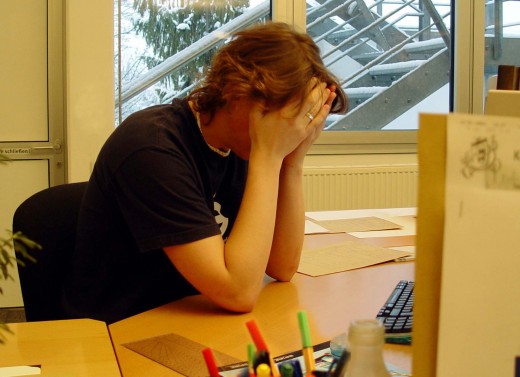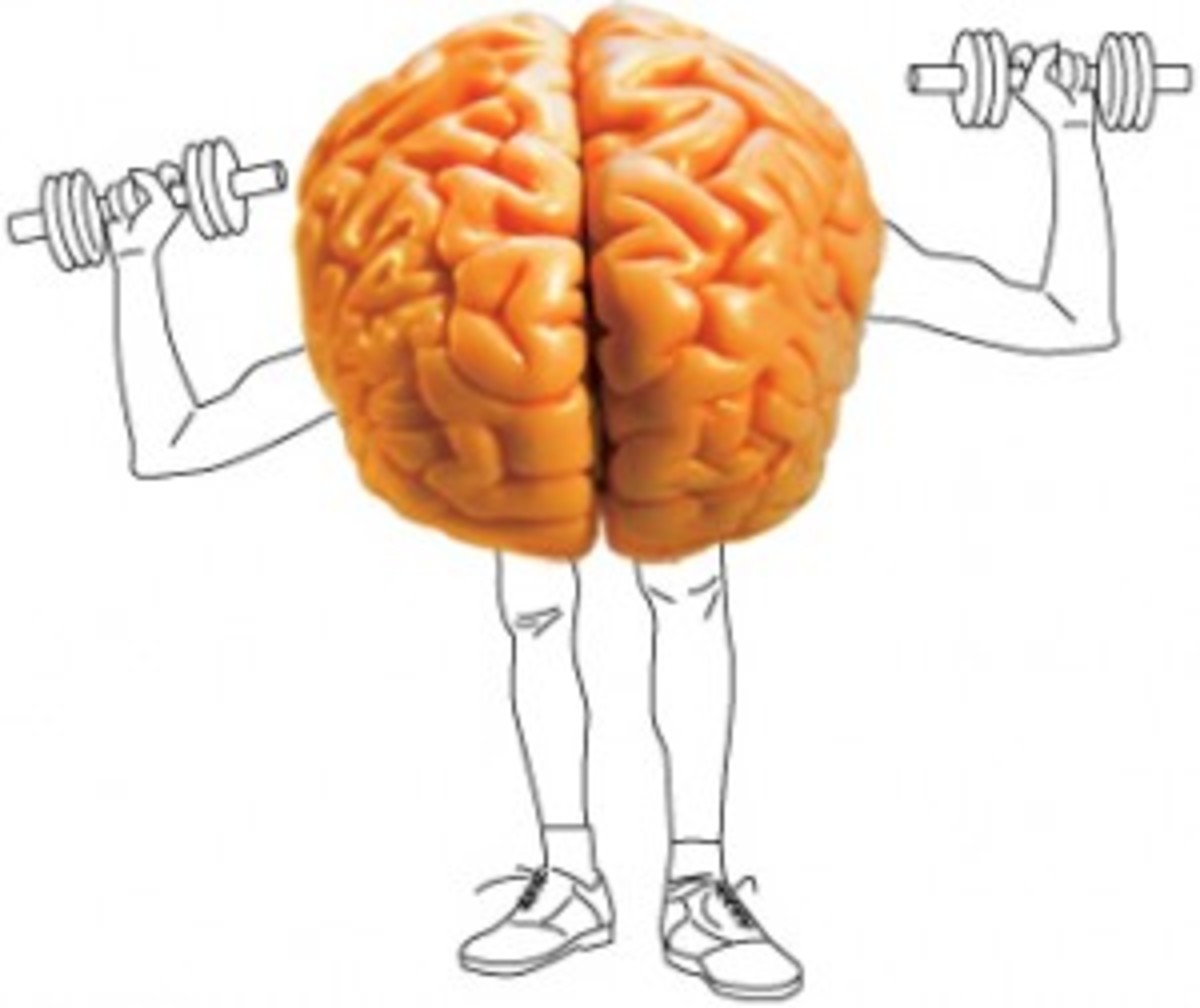Simple Stress Reduction Tips

We all experience stress. In fact, stress isn't always a bad thing. Good stress gives us the ability to cope with the unexpected when it comes our way, or to react quickly if the need arises. Hormones speed up our heart and give us a needed boost of energy to see us through the situation. The problem is that when we live stressed-out all the time all those hormones can lead to unwanted symptoms such as.
Stress Related Symptoms
- Headaches
- Upset stomach
- Back pain
- Insomnia
- Lowered immune system
- Depression
- Moodiness
- On edge
Stress Definition
The definition of stress at dictionary.com is "The physical pressure, pull, or other force exerted on one thing by another; strain." When an event, situation, or person puts pressure on us, pulls us in a direction, or is forced on us…that is stress. What we do about it is either healthy or unhealthy.
Unhealthy Ways to Cope with Stress
Before we look at how reduce stress, or cope with it, let's look at what not to do. Some of the most common unhealthy ways people try to keep the stress monster at bay include:
- Bursts of anger (the stressed person feels better but the one you lash out as does not)
- Drinking alcohol in excess
- Overcommitting to stay busy and avoid problems
- Overeating
- Procrastination
- Relaxation drugs
- Sleeping to avoid problems
- Smoking
- Under-eating
- Withdrawal from social contact
The thing all these approaches have in common is that they don't really do a thing to alleviate or cope with the stress. They are reactive rather than proactive.
Stress Management Techniques
The fact is that we cannot eliminate stress from our lives. Getting married, buying a house, having a baby, death of a loved one, our jobs and finances are all part of life that induce stress. Instead of turning to the above unhealthy stress management techniques, consider these healthy alternatives
- Diet: Some of the very comfort foods we turn to when stressed can actually cause a stress response. These include caffeine, sugar, processed foods, and artificial sweeteners. Changing our diet can help reduce stress.
- Meditation: Take time to be quiet and meditate. This instills a sense of calm and inner peace. While you may think you don't have time for meditation, taking the time offers benefits throughout the day by keeping you calmer and reduces negative emotions.
- Exercise: Regular exercise reduces stress as it raises the "feel-good endorphins" your body produces and as a result reduces the inclination to worry. According to Mayo Clinic, it can also improve your mood, boost your self-confidence, and diminish symptoms associated with anxiety and mild depression.
- Lifestyle: Life is busier than ever and multitasking has become the norm. This includes juggling your job demands as well as the demands of the family. Often there isn't a lot we can do about our jobs, but we can change the way we live at home. Learn to delegate household chores. Avoid over commitment and reduce extracurricular activities. Replace them with family time and take advantage of opportunities to build lasting memories.
:
Additional Stress Reduction Tips
Along with the above, there are a few small things you can do to help reduce stress:
- Get a pet
- Get enough sleep
- Help others
- Keep a journal
- Prayer
- Spend time with other people
- Take deep breaths (learn yoga breathing)
- Take time to have fun






